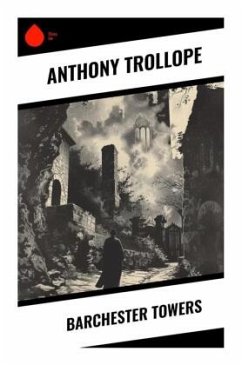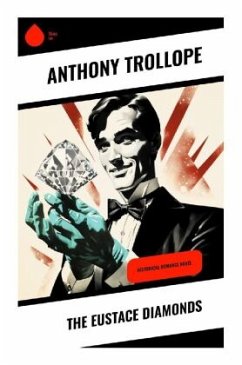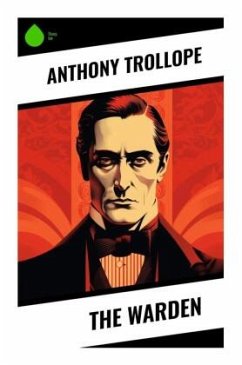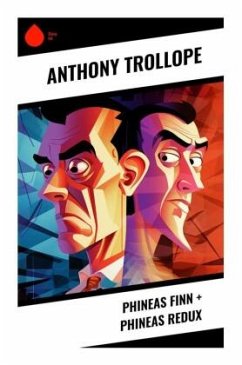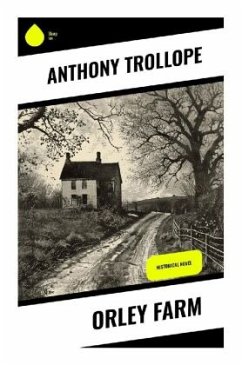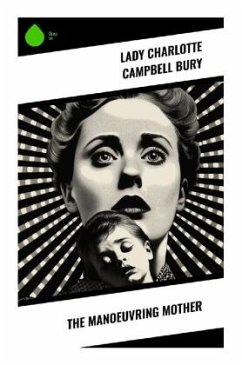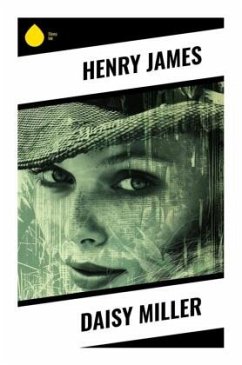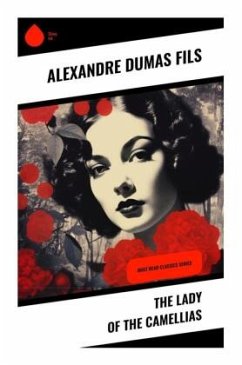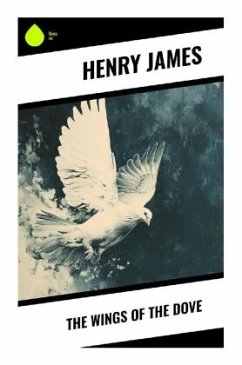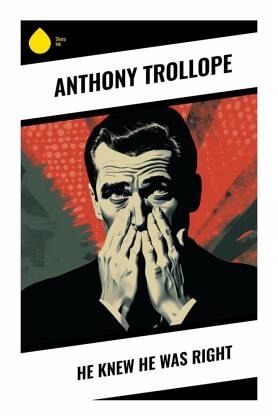
He Knew He Was Right
Versandkostenfrei!
Sofort lieferbar
24,50 €
inkl. MwSt.

PAYBACK Punkte
0 °P sammeln!
In "He Knew He Was Right," Anthony Trollope intricately weaves a tale of marital discord, psychological conflict, and the struggle for autonomy amidst Victorian societal norms. The narrative follows the obsessive jealousy of Louis Trevelyan towards his wife, Emily, as his irrational fears lead to a tragic unraveling of family and friendship. Trollope's signature style is on display here, characterized by keen social observations and richly drawn characters, offering readers an incisive critique of contemporary relationships and gender dynamics. The novel's episodic structure and intricate subp...
In "He Knew He Was Right," Anthony Trollope intricately weaves a tale of marital discord, psychological conflict, and the struggle for autonomy amidst Victorian societal norms. The narrative follows the obsessive jealousy of Louis Trevelyan towards his wife, Emily, as his irrational fears lead to a tragic unraveling of family and friendship. Trollope's signature style is on display here, characterized by keen social observations and richly drawn characters, offering readers an incisive critique of contemporary relationships and gender dynamics. The novel's episodic structure and intricate subplots evoke both sympathy and exasperation, prompting reflection on the nature of trust and the boundaries of love within the constraints of society. Trollope, born in 1815, was profoundly influenced by his experiences as a civil servant and his intricate understanding of social classes, which inform the relational tensions in his works. His own turbulent relationships and keen awareness of the changing societal landscape of 19th-century England served as fertile ground for the psychological depth displayed in this narrative. Notably, Trollope's candid exploration of the societal conventions surrounding marriage and fidelity resonates with his overarching themes of personal choice and moral ambiguity. This book is a compelling read for those interested in Victorian literature and the exploration of psychological complexities within interpersonal relationships. Trollope's meticulous character development and his nuanced portrayal of jealousy and conviction provide valuable insights into human nature, making "He Knew He Was Right" an essential addition to the canon of classic literature.



